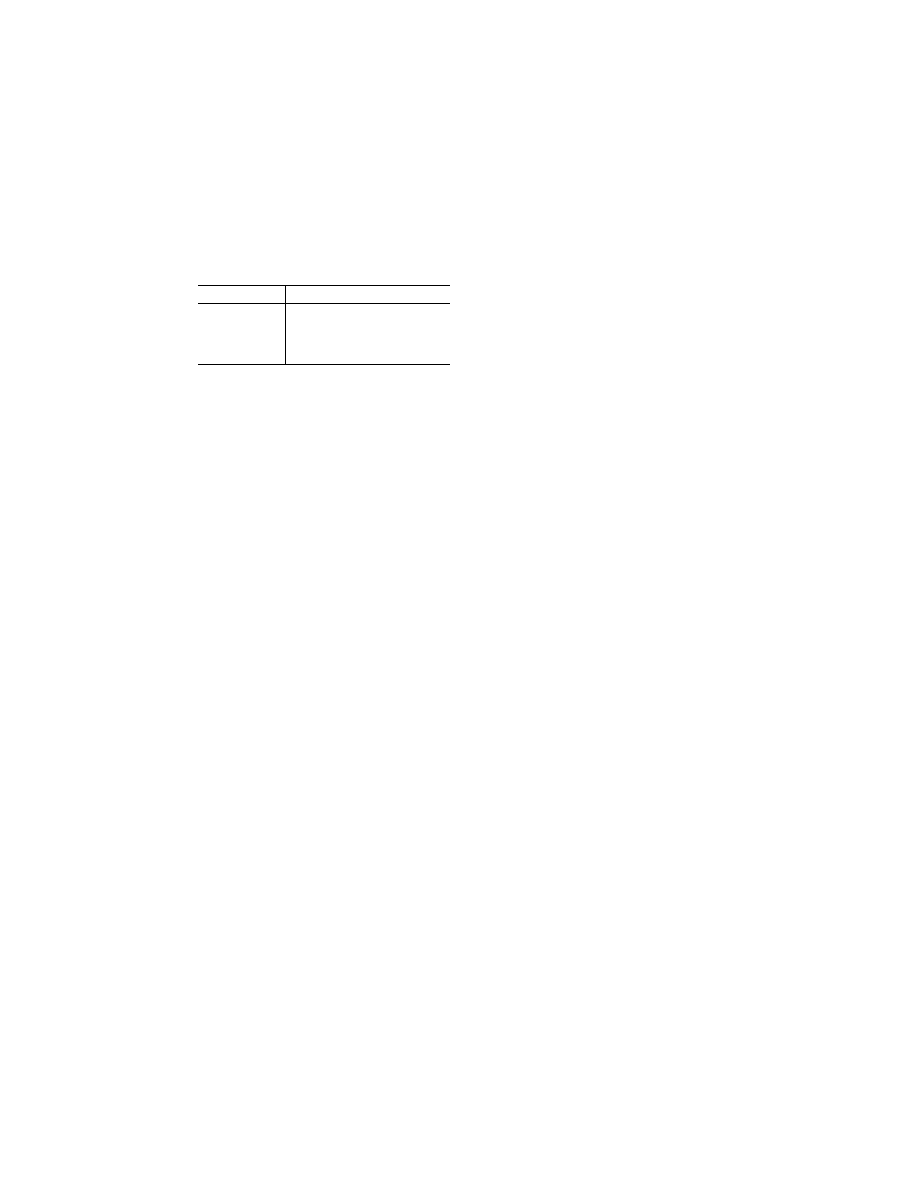
254
14 CFR Ch. I (1–1–19 Edition)
§ 121.1119
T
ABLE
2
Model—Boeing Model—Airbus
747 Series
A318, A319, A320, A321 Series
737 Series
A300, A310 Series
777 Series
A330, A340 Series
767 Series
757 Series
(l) For any certificate holder for
which the operating certificate is
issued after December 26, 2008, the com-
pliance date specified in paragraph (e)
of this section may be extended by one
year, provided that the certificate
holder meets the requirements of para-
graph (k)(2) of this section when its ini-
tial operations specifications are
issued and, thereafter, uses ground air
conditioning systems as described in
paragraph (k)(2) of this section on each
airplane subject to the extension.
(m) After the date by which any per-
son is required by this section to mod-
ify 100 percent of the affected fleet, no
certificate holder may operate in pas-
senger service any airplane model spec-
ified in Table 2 of this section unless
the airplane has been modified to com-
ply with § 26.33(c) of this chapter.
(n) No certificate holder may operate
any airplane on which an auxiliary fuel
tank is installed after December 26,
2017 unless the FAA has certified the
tank as compliant with § 25.981 of this
chapter, in effect on December 26, 2008.
(o)
Exclusions.
The requirements of
this section do not apply to the fol-
lowing airplane models:
(1) Convair CV–240, 340, 440, including
turbine powered conversions.
(2) Lockheed L–188 Electra.
(3) Vickers VC–10.
(4) Douglas DC–3, including turbine
powered conversions.
(5) Bombardier CL–44.
(6) Mitsubishi YS–11.
(7) BAC 1–11.
(8) Concorde.
(9) deHavilland D.H. 106 Comet 4C.
(10) VFW—Vereinigte Flugtechnische
VFW–614.
(11) Illyushin Aviation IL 96T.
(12) Bristol Aircraft Britannia 305.
(13) Handley Page Herald Type 300.
(14) Avions Marcel Dassault—Breguet
Aviation Mercure 100C.
(15) Airbus Caravelle.
(16) Fokker F–27/Fairchild Hiller FH–
227.
(17) Lockheed L–300.
[Doc. No. FAA–2005–22997, 73 FR 42501, July
21, 2008, as amended by Amdt. 121–345, 74 FR
31619, July 2, 2009; Docket FAA–2018–0119,
Amdt. 121–380, 83 FR 9173, Mar. 5, 2018]
§ 121.1119
Fuel tank vent explosion
protection.
(a)
Applicability.
This section applies
to transport category, turbine-powered
airplanes with a type certificate issued
after January 1, 1958, that have:
(1) A maximum type-certificated pas-
senger capacity of 30 or more; or
(2) A maximum payload capacity of
7,500 pounds or more.
(b)
New production airplanes.
No cer-
tificate holder may operate an airplane
for which the State of Manufacture
issued the original certificate of air-
worthiness or export airworthiness ap-
proval after August 23, 2018 unless
means, approved by the Administrator,
to prevent fuel tank explosions caused
by propagation of flames from outside
the fuel tank vents into the fuel tank
vapor spaces are installed and oper-
ational.
[Docket FAA–2014–0500, Amdt. 121–375, 81 FR
41208, June 24, 2016]
Subpart BB
[
Reserved
]
§§ 121.1200–121.1399
[Reserved]
Subpart CC
[
Reserved
]
§§ 121.1400–121.1499
[Reserved]
Subpart DD—Special Federal
Aviation Regulations
§ 121.1500
SFAR No. 111—Lavatory Ox-
ygen Systems.
(a)
Applicability.
This SFAR applies
to the following persons:
(1) All operators of transport cat-
egory airplanes that are required to
comply with AD 2012–11–09, but only for
airplanes on which the actions required
by that AD have not been accom-
plished.
(2) Applicants for airworthiness cer-
tificates.
(3) Holders of production certificates.
(4) Applicants for type certificates,
including changes to type certificates.
(b)
Regulatory relief.
Except as noted
in paragraph (d) of this section and
VerDate Sep<11>2014
08:20 May 17, 2019
Jkt 247048
PO 00000
Frm 00264
Fmt 8010
Sfmt 8010
Y:\SGML\247048.XXX
247048